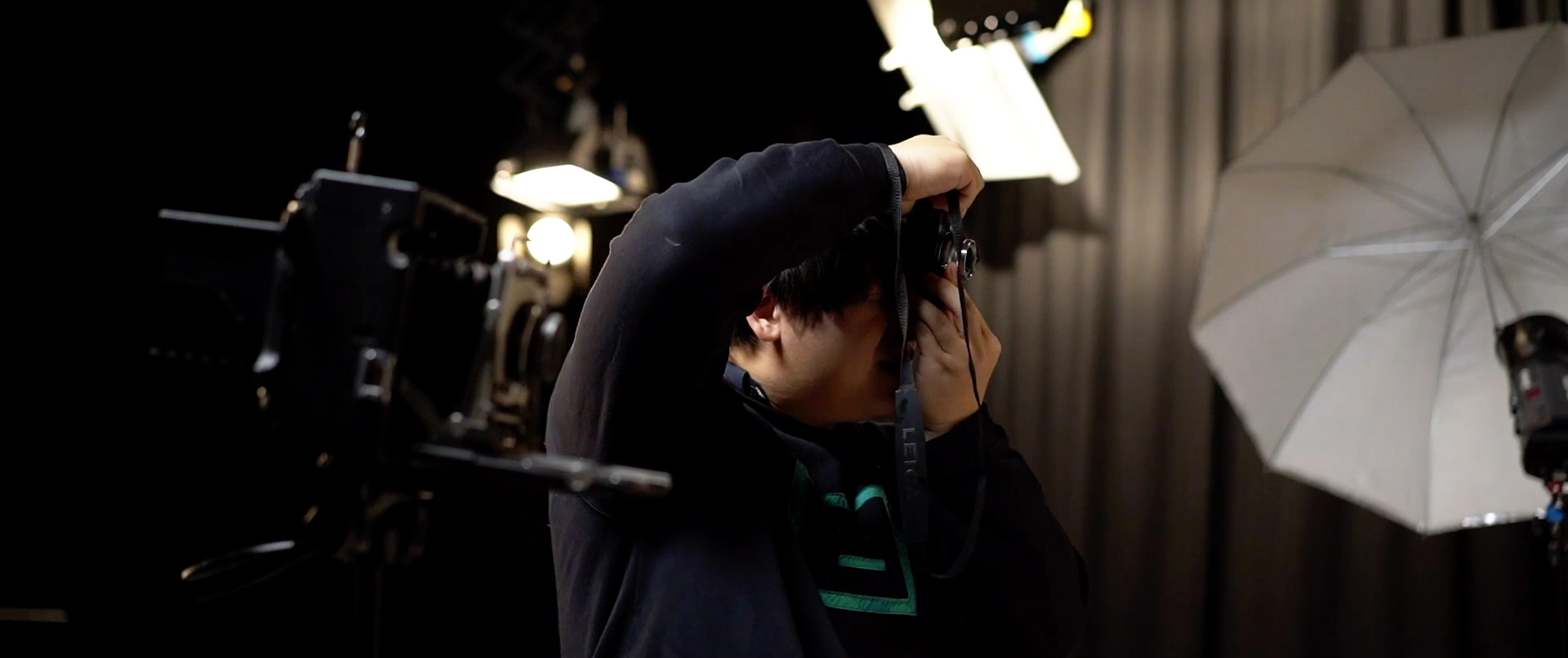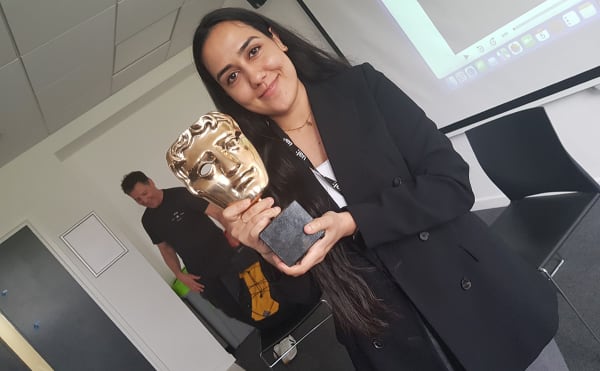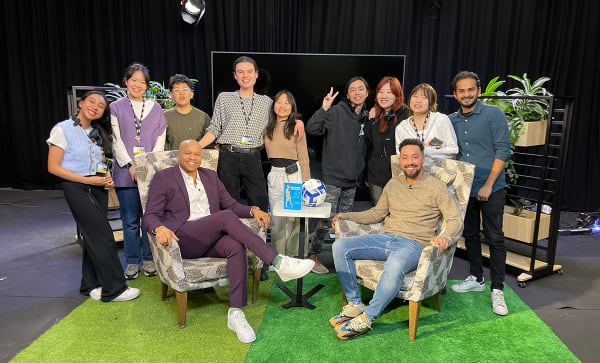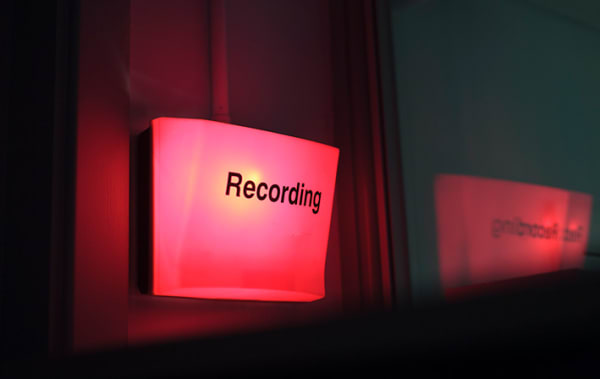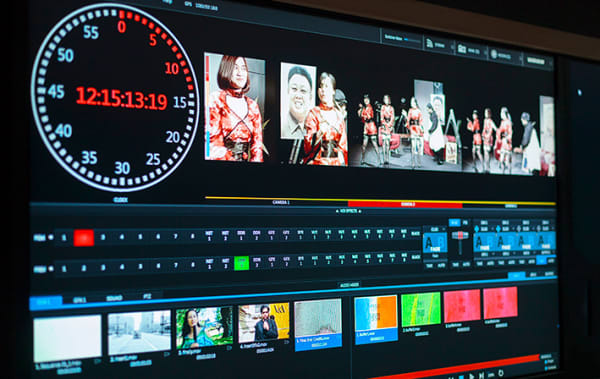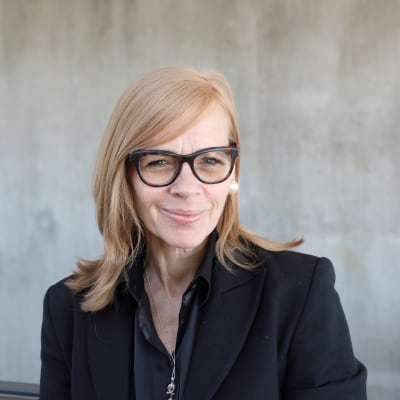Course units
In response to the Climate Emergency, UAL has embedded responsible practices within the curriculum. We shaped our courses around principles of social and racial justice, and environmental sustainability that ensure learning outcomes reflect the urgent need to equip you with the understanding, skills, and values for ethical practice and empower you to work towards an equitable future.
Each course is divided into units, which are credit-rated. The minimum unit size is 20 credits. The MA course structure involves 5 units totalling 180 credits.
Autumn, term 1
Media Cultures Terms 1, 2 and 3 (60 credits)
You’ll be introduced to critical study of the factual television programme industry: not only in terms of its current practice, but also its history and future. You’ll also learn an overview of relevant formats and the underlying story development process.
Production (20 credits)
Working to an editorial brief, you’ll participate in the making of 2 factual television programmes as part of an intensive, practice-based introduction to production techniques. You’ll learn about studio practice in our multi-cam television studio, and about production on location.
Spring, term 2
Production and Media Cultures (continues)
Collaborative unit (20 credits)
You’ll identify, form and develop collaborative working relationships with a range of potential partners or briefs, both across the University and externally. Learn about the concept of talent, produce a treatment and proof of concept, draft a budget and production schedule, and make a competitive pitch to industry standards.
Major Project – Development and Commencement (60 credits across 3 terms)
You’ll research and develop individual pitches, proposals, treatments, business plans, budgets and proofs of concept for your Major Project.
Summer, term 3
Major Project – Pitches, Production and Offline Post Production (continued)
Using your research in development from the Spring term, you'll develop a presentation for competitive pitching sessions where a selection panel will determine the proposals selected for full production.
You’ll then form teams to begin pre-production of your studio-/location-based Major Project television programme, before working as a production and post-production group to produce a rough cut.
Autumn, term 4
Major Project – Post Production and Reflection (continued)
In your fourth term, you’ll refine the rough cut of your Major Project and reflect on both your development portfolio and your group production: analysing the collaborative process in your team and its outcome, your own role within that, and the market value of your work.
Professional Futures (20 credits)
In this unit, you’ll be coached and mentored in your career planning through areas including: research into employment opportunities or the development of start-ups; networking and approaches to potential employers; the refinement of your CV; and the creation of a calling card portfolio.
